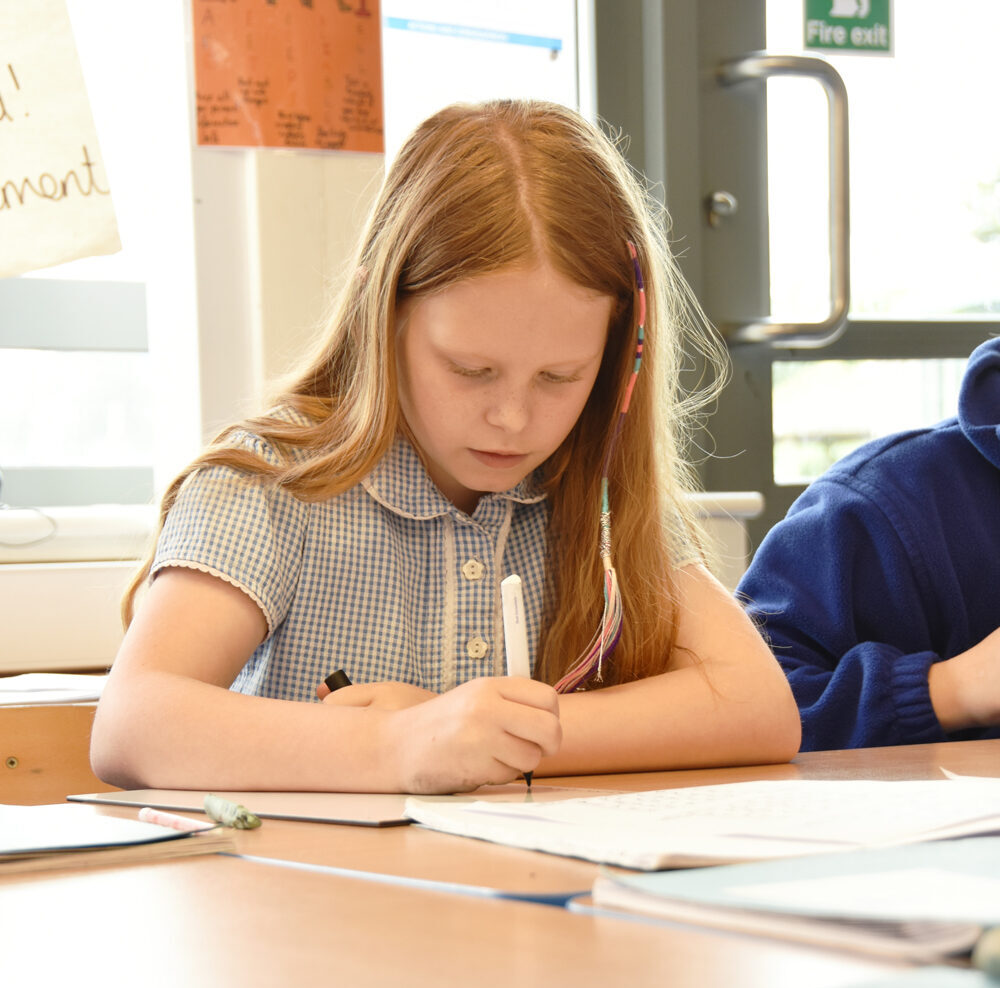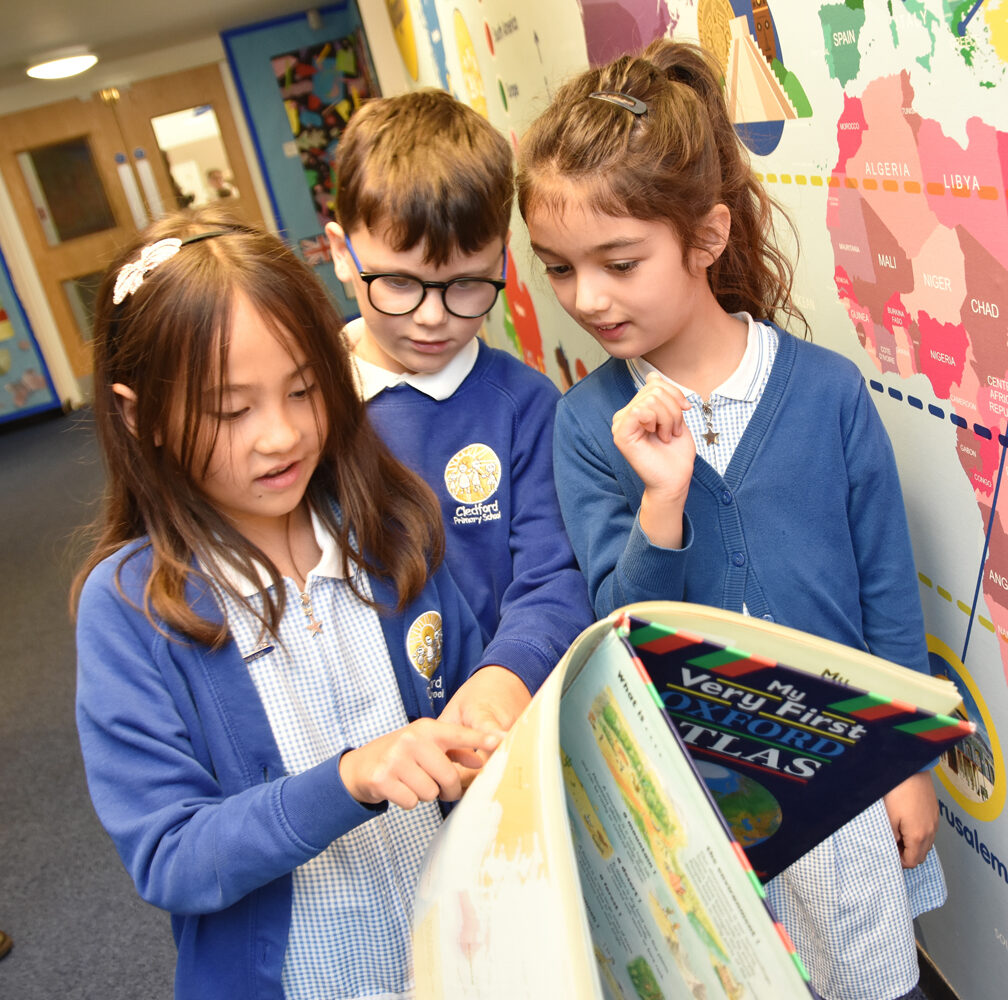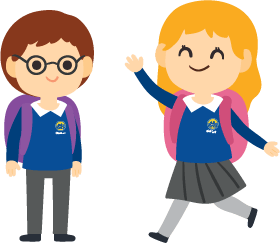

History
Intent
Our broad and balanced curriculum is bespoke to our pupils and to the community in which they live. Using a sequential approach to learning, children build on previous historical knowledge and skills. Recognising the importance of enriching our pupil’s vocabulary, pupils are introduced to topic specific language and given opportunities to use and recap it regularly. Our teaching equips pupils with knowledge about the past and how it has impacted the world around them and prepares them for the next stage of their education. Through a variety of teaching styles, children find out about significant historical figures, prehistoric times and the impact of invaders and settlers. From EYFS, the children build and develop an understanding of chronology and significant historic events.
Through the teaching of history we aim:
to help children develop a chronologically secure knowledge and understanding of local, British and world history
to inspire pupils’ curiosity and interest in the past so they ask historically valid questions that stretch their knowledge and understanding
to help children to use and apply a wide vocabulary of everyday historical terms
to support children in noting connections, similarities, contrasts and trends over time
to teach pupils where the people and events they study fit within a chronological framework
to show our children that knowledge of the past is constructed from a range of sources and we encourage the use of these sources so the children can find answers to their questions and reflect on their new learning
to encourage children to reflect on cause and consequences and create their own viewpoint once a sound knowledge of a topic has been acquired
to develop childrens’ oracy skills, utilitising vocabulary and varied sentence structures to explain their ideas effectively.
Implementation
Our curriculum plans in history are clear on what end points the pupils are working towards and what pupils will need to be able to know and do at those end points.
The history curriculum is planned and sequenced so that new knowledge and skills build on what has been taught before, and towards defined end points. The history curriculum reflects the children’s locality and wider area. It is broad and, where appropriate, purposefully linked to other subjects, with an emphasis on English and oracy skills.
Disadvantaged pupils or pupils with SEND are supported to access the same broad and challenging curriculum as all pupils. Teachers have expert knowledge of history and where they do not, they are supported to address any gaps so that pupils are not disadvantaged.
Teachers enable pupils to understand, remember and retrieve key concepts in history, presenting information clearly and promoting appropriate discussion. Using assessment for learning, teachers check pupils’ understanding effectively, identifying and correcting misunderstandings. Teachers also use summative assessment effectively to check pupils’ retention of taught historical knowledge in order to inform their teaching and further planning.
Impact
Our history curriculum is high quality and carefully planned to demonstrate progression, ensuring that pupils are prepared for the next stage of their education. As children progress throughout the school, they build up a broader historical vocabulary, developing a deeper understanding and appreciation of their local history and its place within the wider context.
Outcomes in books demonstrate evidence of our broad and balanced history curriculum, reflecting pupils’ acquisition of identified key knowledge. Pupils’ progress is tracked through ongoing assessment for learning to ensure that they are working at the expected standard for their year group. Prior learning is constantly revisited to help our children know more and remember more. The impact of our curriculum is also measured through regular book scrutiny, lesson observations and pupil conferences.
Downloads


